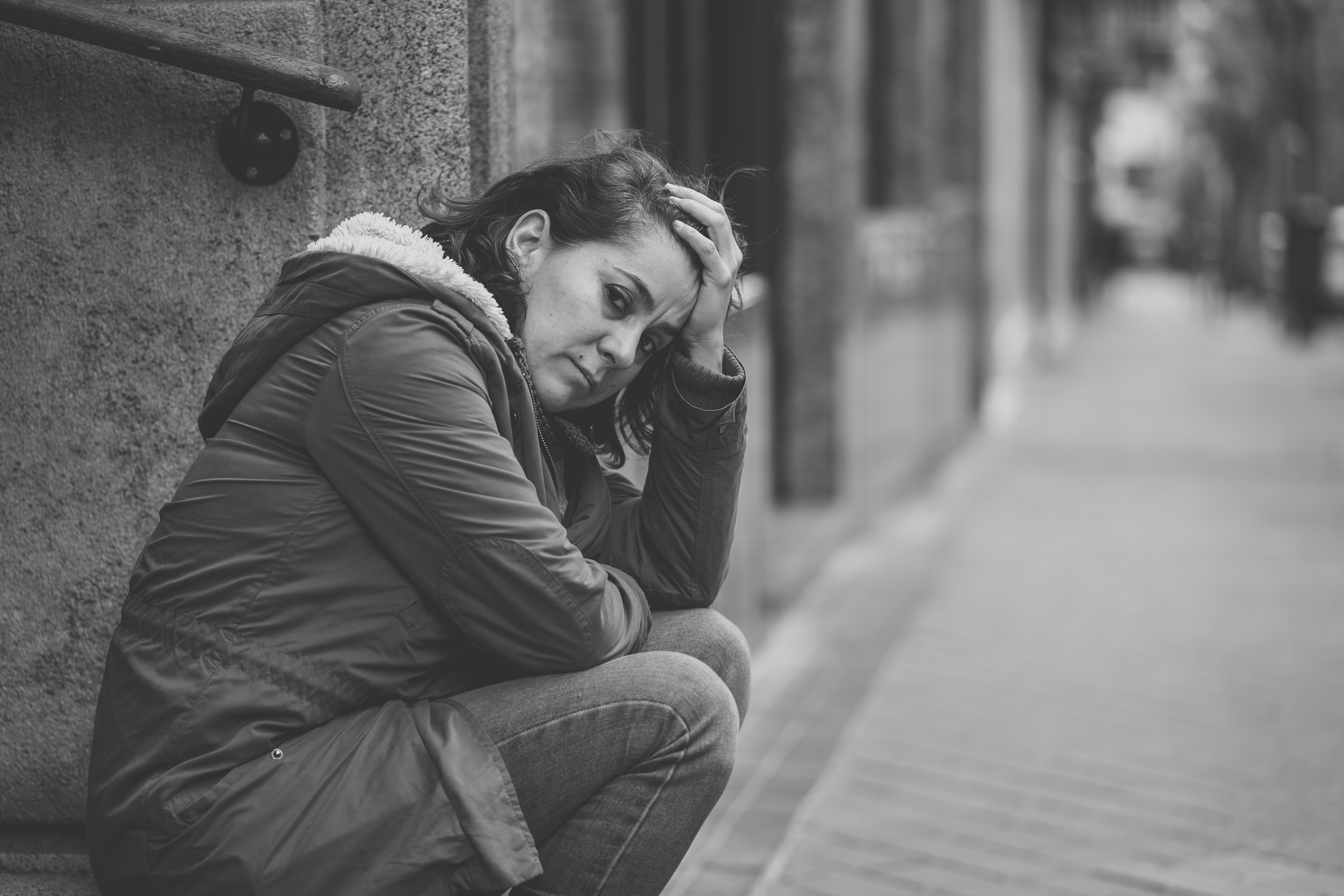
Image Source: 123rf.com
Depression is one of the most misunderstood mental health conditions, even though many people experience it. It is estimated that 21 million Americans experience major depression each year. Despite this, many people still believe it’s about being sad or simply lacking motivation—but it’s much deeper than that. It’s a real medical condition that needs care, support, and compassion. Understanding what depression feels like and how to get help is the first step toward healing.
1. It Feels Like a Weight You Can’t Shake Off
Living with depression often feels like carrying an invisible weight that follows you everywhere. Even when nothing specific is wrong, a heavy sense of sadness or emptiness lingers. Everyday tasks like getting out of bed or brushing your teeth can feel exhausting. There’s a deep emotional fatigue that doesn’t go away with rest. People may feel numb, like they’re watching life happen from a distance. It’s not about being lazy or ungrateful—it’s about being stuck in a mental fog that won’t lift.
2. Joy Feels Out of Reach
One of the hardest parts of depression is the inability to enjoy things you once loved. Hobbies, friendships, or activities that used to bring joy now feel flat or meaningless. It can feel like you’ve lost yourself and no longer know how to connect with what once made you happy. Even good news or exciting opportunities might not spark the feelings they should. This loss of pleasure, known as anhedonia, is a hallmark symptom of depression. It reinforces the feeling of isolation and makes recovery even more difficult without support.
3. Self-Worth Takes a Hit
Depression often comes with relentless negative thoughts about yourself. You might feel like a burden, a failure, or believe the world would be better without you. These thoughts aren’t true, but depression makes them feel very real and very loud. It distorts self-image and creates a constant inner critic that chips away at your confidence. Many people blame themselves for feeling this way, adding guilt to an already heavy emotional load. That’s why reassurance and empathy from others can make a huge difference.
4. Physical Symptoms Are Part of the Struggle
Depression doesn’t just affect your mind—it also takes a toll on your body. Common symptoms include headaches, changes in appetite, digestive issues, and chronic fatigue. Some people experience body aches or find it difficult to sleep, while others may sleep too much. These physical signs are often overlooked or misdiagnosed, delaying proper treatment. It’s important to remember that depression is a real illness, not just a state of mind. The body and mind are deeply connected, and depression impacts both.
5. Hope Is Still Possible with the Right Help
While depression is painful and persistent, it is also treatable. Therapy, medication, lifestyle changes, and social support can all play a role in recovery. The first step is reaching out—whether to a therapist, a doctor, or someone you trust. You don’t have to have all the answers or explain everything perfectly. Just saying “I need help” can be the beginning of hope. You are not broken—you are human, and you deserve healing.
There’s Strength in Reaching Out
Depression isn’t something people choose, and it certainly isn’t a sign of weakness. It’s a serious health issue that requires understanding, patience, and proper care. If you or someone you love is struggling, know that it’s okay to ask for help. There’s strength in vulnerability and power in connection. Recovery may not be quick, but it is possible. And with the right support, hope can begin to grow again.
Read More
What Is Cycle Syncing? How Women Are Aligning Wellness With Hormones
Why Everyone’s Taking Cold Showers—And If You Should Try It Too